According to data from the Lithuanian Statistics Office, the Lithuanian economy is showing stable growth this year (+2.9 per cent in Q1 2024, year-on-year), which is contributing to growth in most sectors of the country’s economy, including pet food. This is in contrast to the markets of other Baltic states, which are currently experiencing stagnation.
Meanwhile, the Lithuanian market has always been in the interest of major players, many of whom consider it one of the priority growth markets in Europe, despite its generally small size.
34%
of households in Lithuania have a dog.
A success story
One of these companies is Nestlé, which traditionally has high hopes for its development in the Baltic region. In the case of Lithuania, as an official spokesman for Nestlé Baltics explained in an exclusive interview, the company has significantly strengthened its position on the local market in recent years by launching several investment projects.
He commented: “In Lithuania, this year we have successfully implemented a number of significant projects in the pet food market. These projects include various initiatives aimed at improving our presence in the retail sector. We have also established valuable partnerships and collaborations with animal shelters in the Baltic countries. We also organised the Step-It-Up Challenge, a voluntary initiative involving our employees and local animal shelters. We also launched the Miauselin pop-up restaurant for pets. These efforts have contributed to our growth and success in the Lithuanian pet food market. As for our plans for further expansion, we are constantly working on additional projects and are constantly exploring opportunities for growth and development in the Lithuanian pet food market.
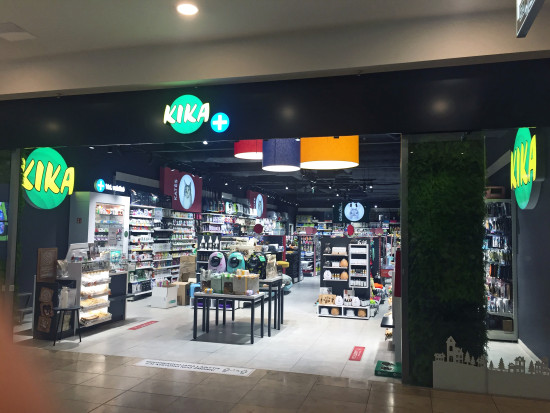
30%
of households in Lithuania have a cat.
The company’s spokesperson has also added the demand for pet food in this region will continue to grow in 2024-2025, as the current market dynamics remains positive, that will provide additional opportunities for growth for Nestlé .
Historically, the Lithuanian pet food market has been dominated by two major players, Mars and Nestlé, but in recent years the market has become more competitive due to the expansion of other major foreign players and the increase in production by domestic producers.

 Menü
Menü

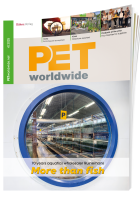






 04/2024
04/2024
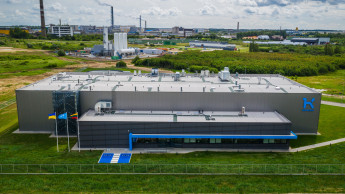

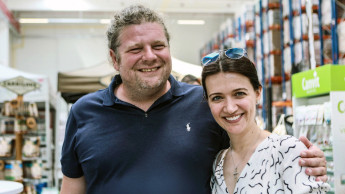
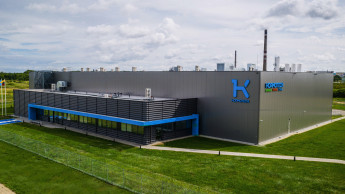
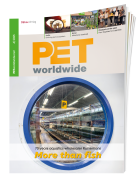

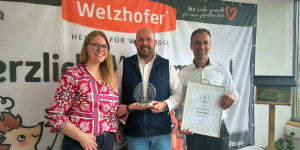


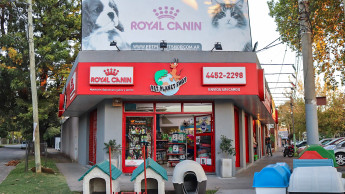
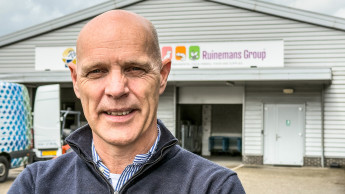
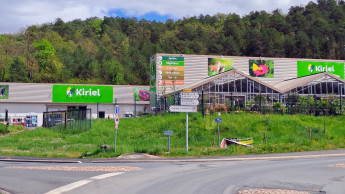
 Newsletter
Newsletter